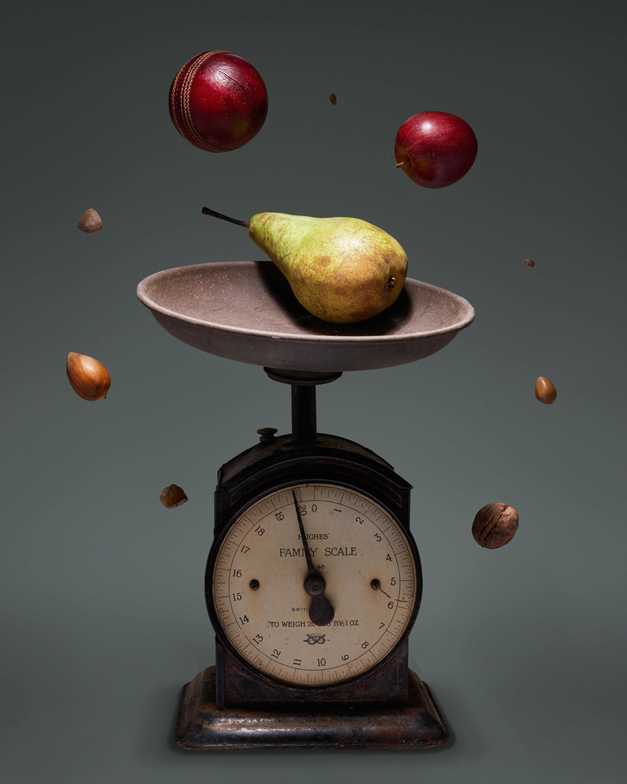
Tracking food intake is a powerful tool for individuals who are beginning to make dietary changes for nutritional goals. When starting out, you may not know how many calories are in your typical lunch, how much fat is in a chicken salad, or even how many carbs you need to be eating throughout the day. While it may not be realistic to track your diet for the rest of your life, using it as a learning experience for a few months will help you develop the knowledge to make the right choices in your new dietary lifestyle. There are two different categories that can be tracked: macronutrients and calories. Let’s dive into what these are and how tracking them can help you with your nutritional goals.
Calories are tracking the amount of energy a food contains. When counting calories, you are tracking how much fuel you are taking in. Your body will naturally burn calories throughout the day and will burn additional calories through exercise. The amount of calories your body burns naturally to survive is your Basal Metabolic Rate, or BMR. If you consume more calories than your BMR, your body will take that energy and store it as fat. If your caloric intake does not reach your BMR, the difference is made up by burning stored energy in the form of fat or muscle; which one is burned is dependent on lifestyle factors.
Tracking calories is an easy way to lose weight, but more needs to be done if you want to lose body fat. Tracking macronutrients can help push the body to burn more fat than muscle when in a calorie deficit. The three macronutrients are carbohydrates, fats, and proteins. These are the building blocks of the human body and the ratio in which we consume them can change many biological functions. The ratios all vary depending on your nutritional goals. If you are looking to build muscle, the ratios will shift to have higher carbs and proteins. Reducing carbs and increasing fat and protein can push for more loss of body fat.
Just reaching your macronutrient goals is not enough to ensure you will lose weight. Many studies have shown that only counting macros is less effective than counting calories. The best way to reach your nutritional goals is to ensure you are getting adequate calories and macronutrients. Here at Rush-Henrietta Family Chiropractic, your Rochester chiropractor, our nutritionist will help you learn to track both. The goal of our program is to help build autonomy and give patients the confidence to make their own healthy decisions. Call and make an appointment for your free consultation and discuss how we can help you reach your nutritional goals.



